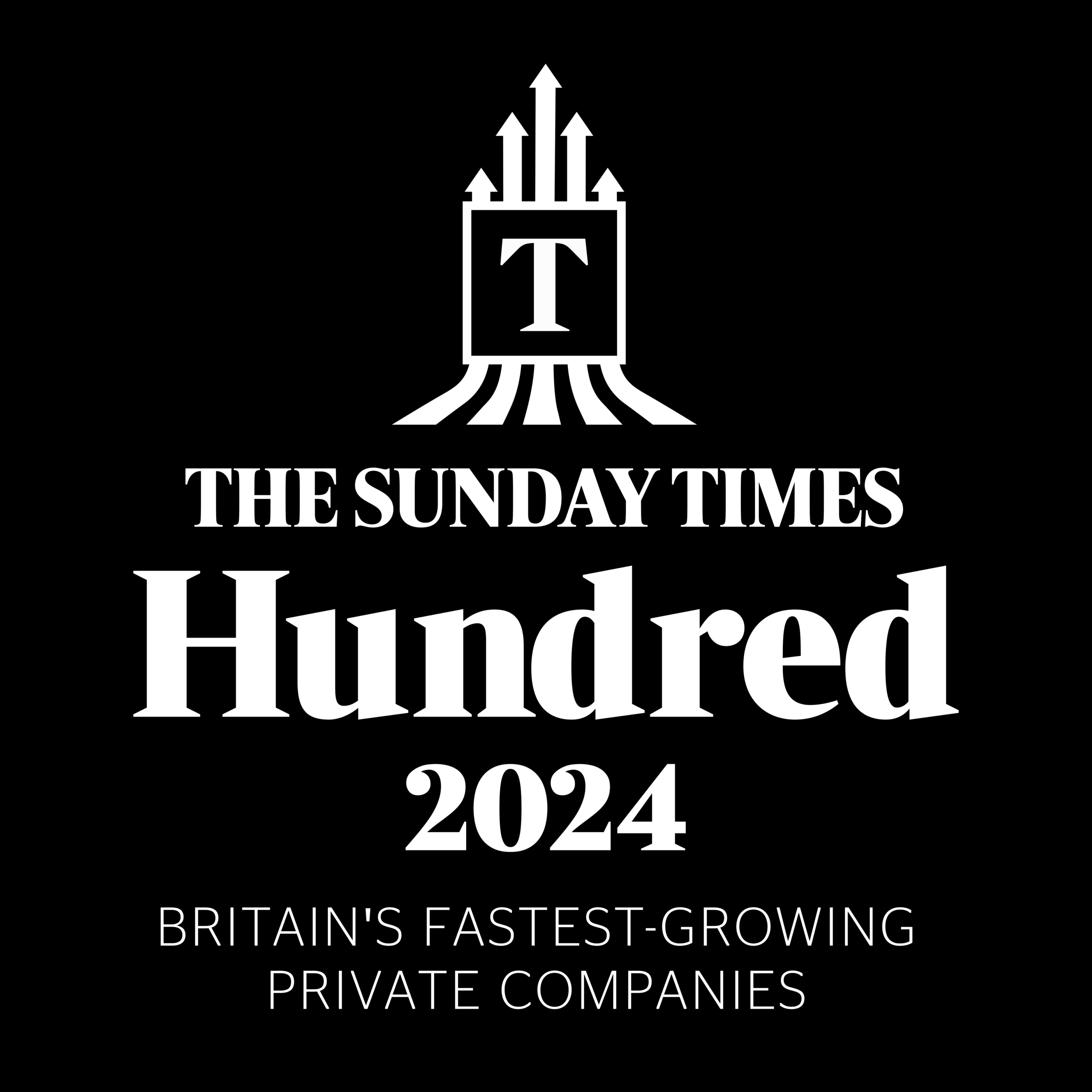Energising A Successful Challenger Business with Rob Kerr
23 Jun 2023 | Emma Benham
Energising a Challenger Business: Insights from Rob Kerr
In our Digital Matters Podcast (May 2nd, 2023) Noel Ady and Andy Ross spoke with self-professed disruptor, Rob Kerr. Rob is a proven commercial director, now operating his own consultancy, and draws on an established career in the energy sector, including over 13 years at Centrica.
In this post we reflect on the trials of starting and growing a challenger business, how incremental change isn’t always a solution, and how best to handle some of the obstacles that can arise when beginning a new venture.
Lose your muscle memory (Incremental Change isn’t always the answer).
To set the scene for Rob’s experience and perspective; he discusses the formation of British Gas Light, a challenger venture designed to break free of British Gasses traditional operating models.
Prior to this, various attempts at incremental change had been made, in order to respond to changing customer behaviour and more dynamic challenger business models from smaller, more agile rivals. These incremental change programmes were not (are not) always doomed to failure, successfully yielding cost reductions and greater digital adoption.
However, they weren’t able to respond quickly enough to shifting customer and marketplace demands. There was still an established corporate culture – an ethos or a status quo – that needed to be disrupted for progress to be made.
Enter: the challenger business solution.
Organ rejection.
To break free of existing culture and tradition, a new operating model and culture were the answer.
This isn’t always an easy sell, especially when presenting the solution to stakeholders or a board who may have many years of doing it “their way”. There’s often a natural fear of something new (and by implication: untested) and it can be seen as a risk (financially and strategically). Dealing with that tension and scepticism is key.
It’s important for your new teams to feel free to work on what matters, so it may be necessary to shield them from too much scrutiny from senior stakeholders in the early days of formation.
However, being able to utilise the resources and expertise of a large parent company / existing corporate should not be underestimated.
“If you can get the blend of the right culture plus the benefits of the large Corporate, you’re in a winning position.”
Let’s hear it for the underdogs!
Often the venture will be working with limited tangible support and endorsement. You have to be prepared to become the underdog, to become clever and inventive, and to beg, borrow and steal resources wherever you can. However, this self-reliance also brings some independence and can help forge the new culture you’re looking to create! That struggle can bring a positive comradeship to a new team.
You’re all in it together now and having that journey (plus your business name on the door) can provide a sense of identity and mark a boundary between the old culture outside and your new one within.
This new way of operating can translate to the technologies and platforms you use too, opting for smaller and more agile solutions (rather than big blue-chip partners) who can in turn provide a better working relationship. It plays into your new challenger culture much better.
Choose your team with care.
“I didn’t want this to be just another corporate project for me, in terms of my own career and personal development.”
When picking people out of a parent business to work on your new venture, going for the top performers isn’t necessarily the best answer. Why? Because they may be strong advocates for the culture that they’re presently thriving in. As you move away from that, they may resist.
Instead, identify the best characteristics that work in your new environment and will contribute towards what you’re building. People who thrive in fast moving environments where they’re free to make decisions, can handle accountability and cope with ambiguity are particularly likely to thrive in the new and uncharted terrain that you’re entering.
Think about looking for these behaviours in your hiring and induction process, systematically bringing new people into that culture and catching any issues early on. They have to realise that there may be no safety net – no way back into corporate safety – once they make that move.
Culture. Support of the large corporate. The power of the partnership.
To summarise the three most important pillars of a successful challenger business:
Culture is priority number one. It’s about the team and the ethos and the vibe of your company. If you’re bringing over bad habits from a previous corporate, then you’ve gone wrong – think about what you’re setting out to do and build your culture around servicing that.
Support from an existing corporate can be supremely powerful and let you grow and mature much more quickly (and safely). Don’t be naïve in thinking you’ll have that support no matter what, but if you can capitalise on it, it’s a big asset.
Partnership with the right technology providers and so on. If you have the right people giving you the right tools, that’s another big contributor to successful growth.
For more insight into shifting away from corporate culture and towards a startup and challenger approach, Rob recommends “Lean Startup” by Eric Rees.
You can listen to Rob, Noel and Andy in the podcast below!

